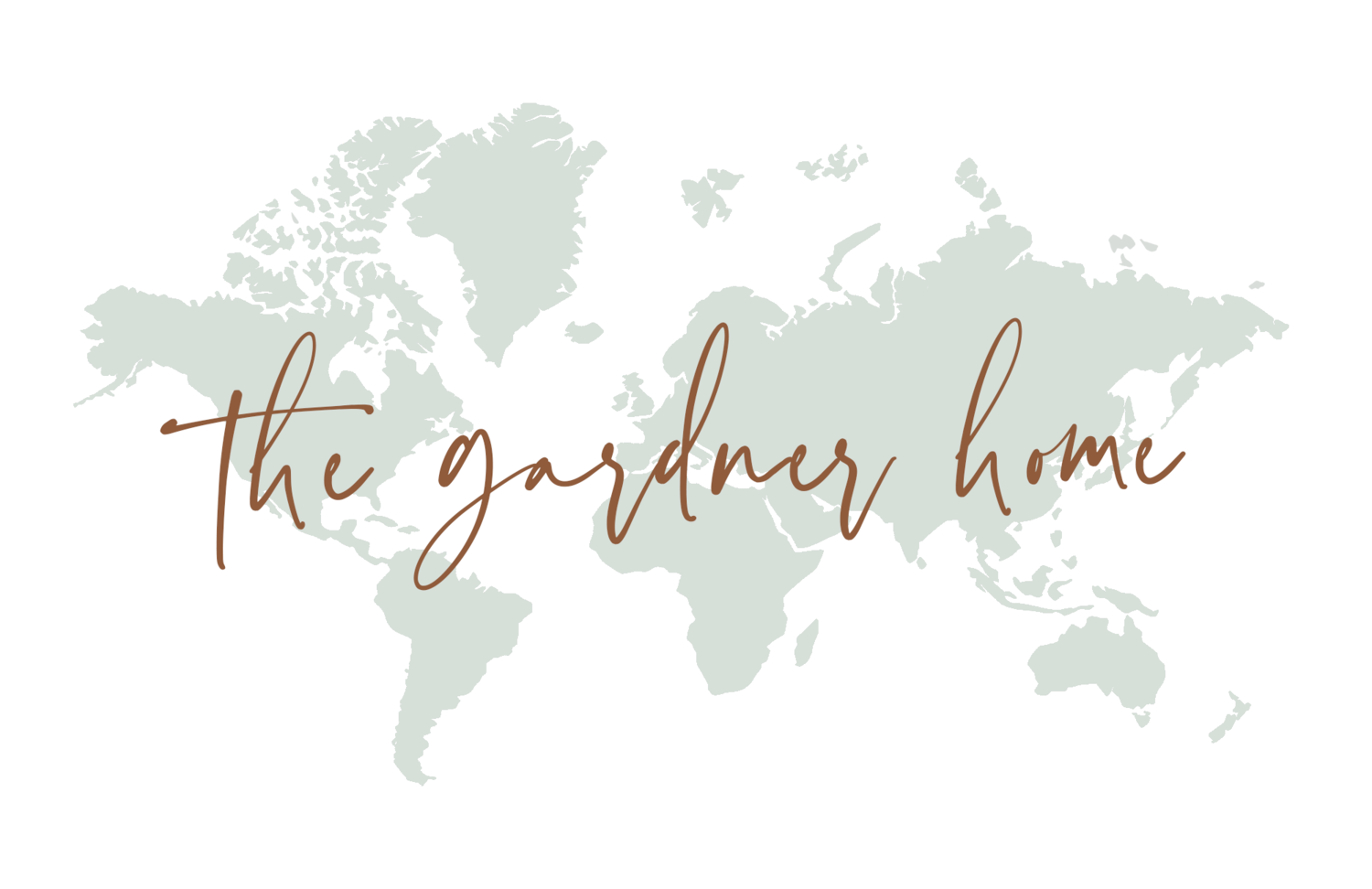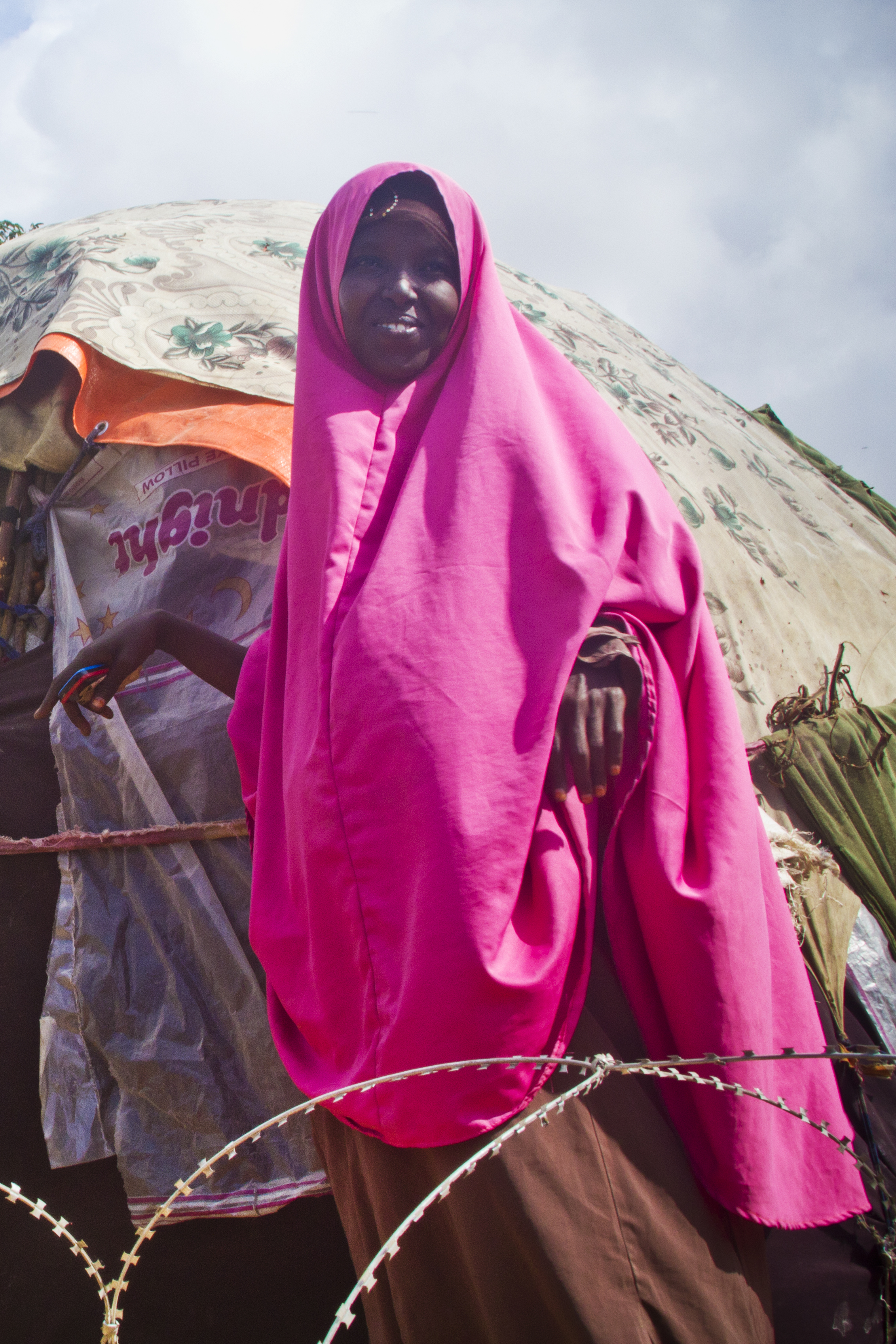As we went back to our hotel and I found myself alone in the silence, I began wondering what I was doing here. Had I come in vain? These thoughts danced around in my mind as I fell asleep waiting for another day...another day of heartache.
As we drive around the city our guarded guides take us to another camp. You can imagine that in a place where visitors are scarce, news travels fast that we have come. People emerge from their paper tents. Crowds start to form as they look for a sign of hope. Children start to laugh and gaze in anticipation. And my heart begins to get too close to my chest.
I meet a family on the other side of the barbed wire. I can't seem to find a way in so I'm stuck, once again, as an outsider from their world. I ask her name. "Fatima," she responds in a quiet voice. Through my translator I begin to find out that she is the grandmother of the seven kids all huddled up next to her. Her daughter was one of the lucky ones to be picked for the distribution. I begin making faces at the kids, probing them for laughs, when I notice a young woman in a bright pink head-dress. She seems to know the family and I found it it's Fatima's niece, Fatixya.
Fatixya comes over eager to hear what's going on. She politely answers my questions as I learn she is 27 years old and only arrived in the refugee camp 3 weeks prior. She told us how she has 2 children and her husband divorced her. She has walked days just to get to a place that offers not much more hope than from where she came. I notice that Fatixya is pregnant. She looks down at her covered round belly and says, "Yes. I am 8 months pregnant. I am in a lot of pain."
Knowing there are no hospitals or doctors on call in the forsaken place, I ask her where she plans to have her child. She looks over her left shoulder at the camp across the street, "in my tent." My heart breaks, and tears begin to well up. But I notice something strange. She isn't crying, she isn't sad, and in fact, she's almost laughing. She has a beautiful smile across her face. I ask Hassan, my translator, why is she smiling.
He asks her, looks back at me, and says something I will never forget, "She is happy because you are interested about her."
I bow my head, part in prayer, and part in shame. My heart pounding, my eyes blurry, my head spinning, what am I to do with that? I look up at Fatixya and smile. She may be smiling because I want to hear her story, but I'm smiling because she gave me hope. Hope for her people, hope for their openness to one day escape the heartache of war, famine, oppression, lifelessness. Hope that when I go back home to my cozy bed and all you can eat buffets that I will no longer be stagnant. Hope that her story can change the hearts of our Western comforts. Hope that one day I will return and bring Good News that they so desperately need to hear. Until then I smile. Because in our smiles holds a thousand words. It holds hope. It holds love, and most importantly it holds the truth of something greater. That when times are tough we continue to press on. We strive to fight and push back the darkness. And whether we are fighting in refugee camps in Africa or the suburbs of small towns, there is darkness everywhere, and we must fight.
While I only spent a few minutes with Fatixya it was enough to change my world. I glanced over my shoulder to answer a question from one of my colleagues, and by the time I turned back around she was gone. I had my camera in hand, planning on how to take Fatixya's portrait, but now she was gone. No one could find her, but I did happen to snap one photo of her before we talked. It was all I had left of that conversation, but it was all I needed.






















































